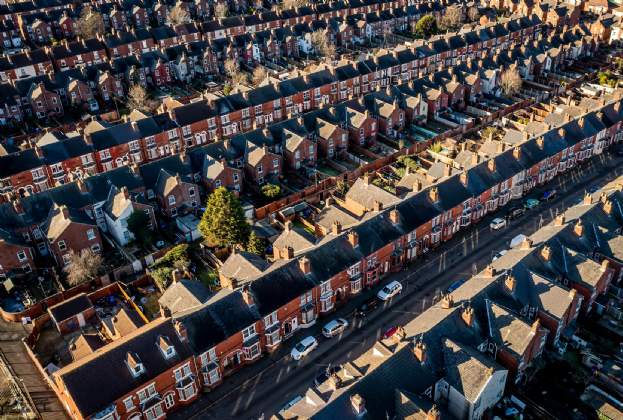More than half (63 per cent) of all mortgaged first-time buyers are expected to receive assistance from family to secure their purchase this year, highlighting the importance of this support in helping buyers get onto the housing ladder for the first time.
The contribution from the so-called Bank of Mum and Dad totalled £8.8 billion in 2022, increasing by almost £4 billion since 2019, as a result of a more stringent mortgage market and higher deposit requirements.
Whilst many homebuyers enjoyed record low interest rates during much of 2020 and 2021, mortgage rates have shot up over the past year. This has had a particular impact on high LTV mortgages, most commonly used by first-time buyers, and so it has become increasingly necessary for those who are able to, to take advantage of family support to try and secure a deal at a lower rate.
As a result, we expect that the number of assisted first-time buyers will fall to 164,000 this year, down from a peak of 198,000 in 2021. However, the proportion receiving assistance will jump up from 46 per cent in 2022 to 63 per cent in 2023, a figure not seen since before Help to Buy was introduced.
Has the end of Help to Buy had an impact?
Since the Help to Buy scheme was introduced in 2013 it has supported more than 335,000 first-time buyers – providing £2.2 billion of financial assistance in 2022 alone (bringing the total support received by first-time buyers to more than £11 billion).
With no obvious scheme expected to replace the support provided, a far greater proportion of buyers will be relying on family members to help them take their first step onto the property ladder.
Against a tougher economic backdrop, lenders are likely to continue favouring less risky, lower LTV mortgage lending which makes it harder for first-time buyers.
Without a doubt, those who have the option of family support and are secure in their employment will find it much easier to buy their first home than others, and only the highest earners and those who have received significant support are likely to be able to buy at the top end of the market.

.jpg)
.jpg)

.jpg)
.jpg)
.jpg)
.jpg)
.jpg)
.jpg)
.jpg)